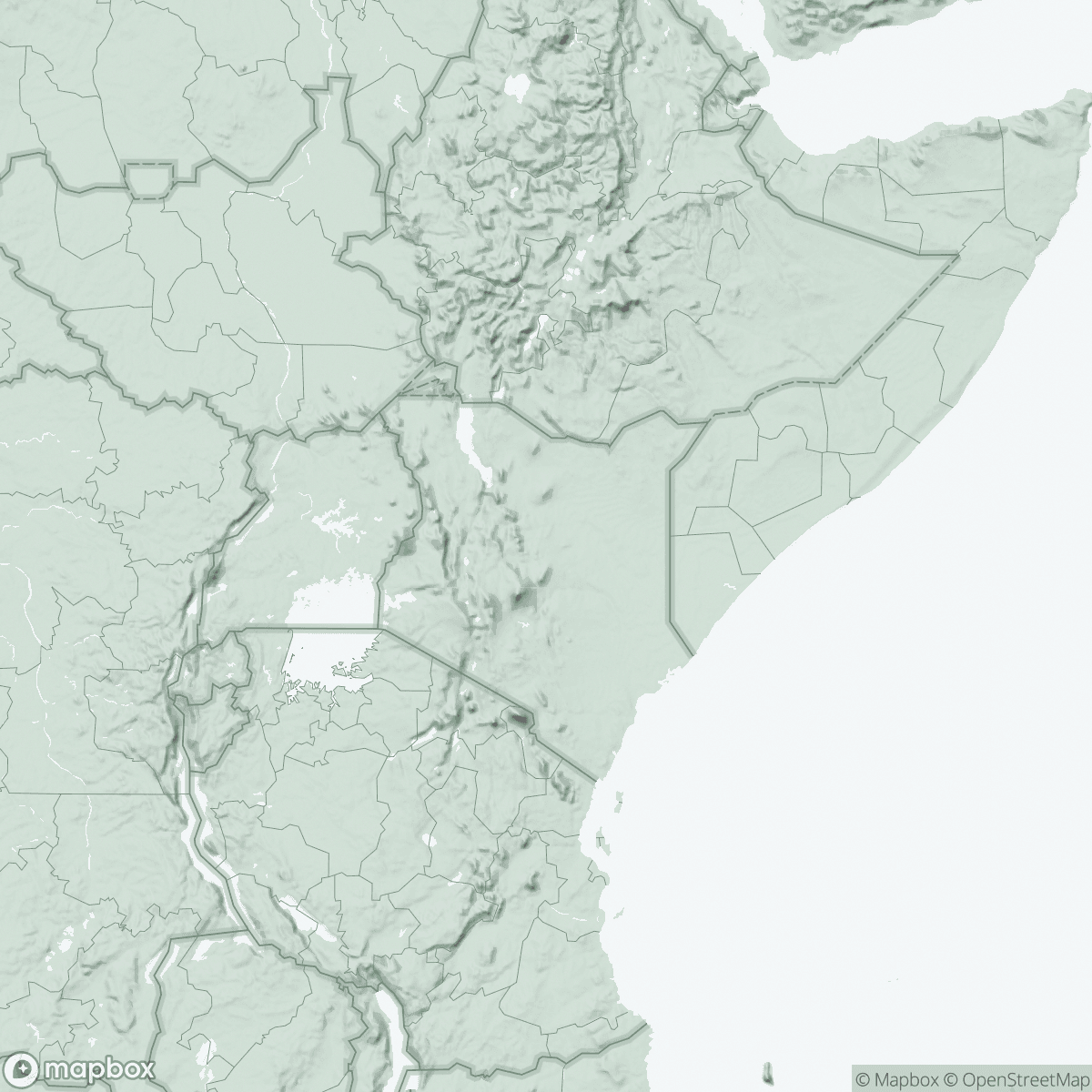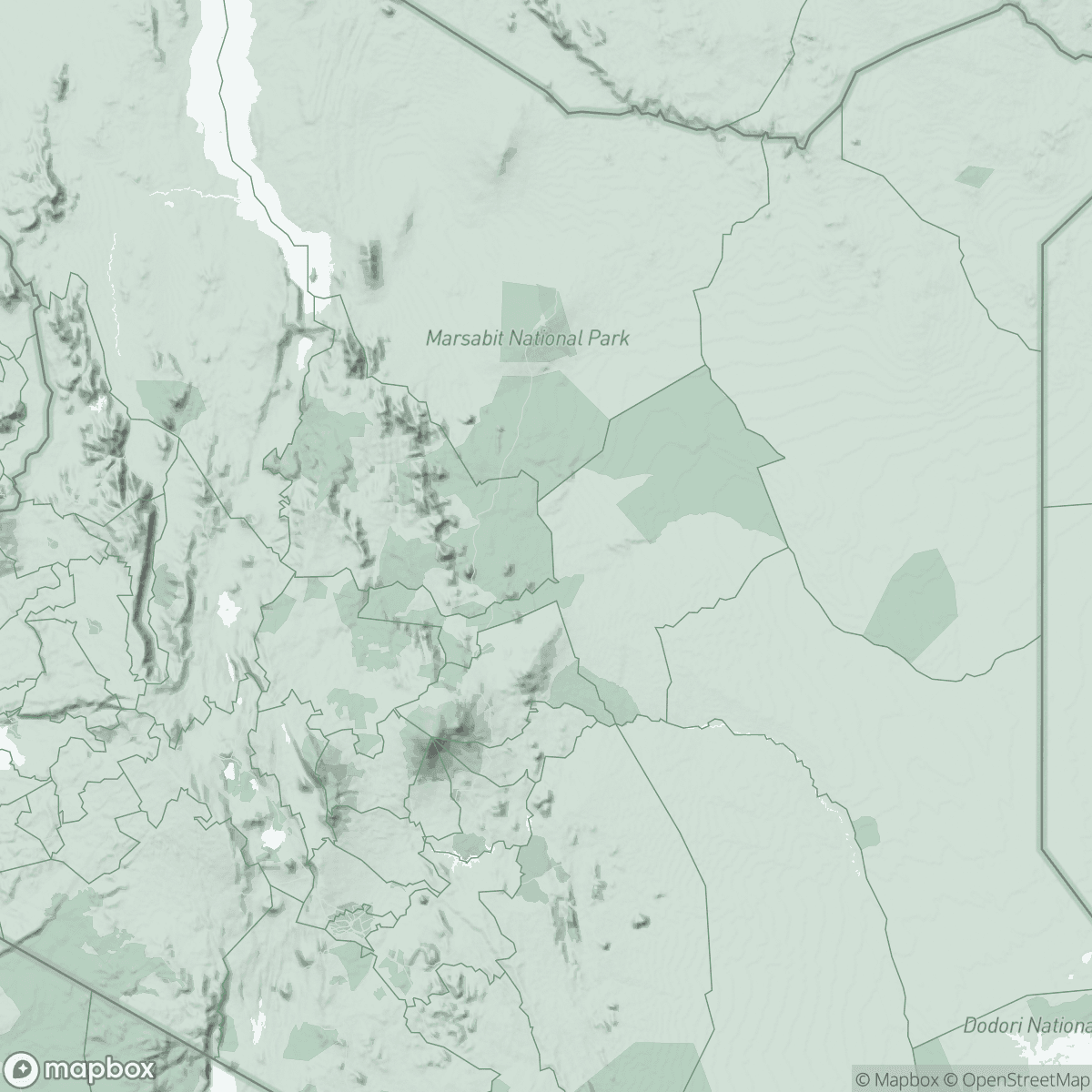Kenya
In 2024, Médecins Sans Frontières (MSF) responded to multiple emergencies and public health challenges in Kenya.
Our activities in 2024 —
outpatient consultations
patients admitted to hospital
malaria cases treated
people treated for sexual violence
Our teams continued to deliver healthcare in Dadaab, a huge, overcrowded camp complex, which currently hosts more than 350,000 refugees.
In 2024, we repeatedly called for better living conditions and increased humanitarian assistance for the constantly growing population, especially in Dagahaley camp. In Kiambu county, we supported refugees who had fled Kakuma camp following an outbreak of fighting.
In Mombasa, we supported three health facilities to cater to the specific needs of vulnerable adolescents and young adults, such as people with disabilities, the LGBTQI+ community, individuals living on the streets, and people who engage in sex work or use drugs.

In Nairobi, our Lavender House clinic offered medical care and social support to people affected by violence – including sexual violence – in the Eastlands area. During protests in July, our clinic dispatched a medical team to treat the injured. Our youth-friendly centre also continued to run medical services, psychosocial support, recreational activities, and educational programmes throughout 2024.
MSF responded to several other emergencies during the year. In March, extensive flooding resulted in hundreds of casualties, and destroyed homes and livelihoods. Our teams launched responses in Nairobi, Nakuru, Homa Bay, Tana River, and Garissa counties, providing medical assistance, as well as clean water, jerry cans, and warm clothes for children. We also responded to outbreaks of malaria in Baringo and Turkana counties, measles and Rift Valley fever in Marsabit county, and measles in Dagahaley camp. In the displacement camps in Baringo county, we launched a response to support victims and survivors of sexual and gender-based violence.
In Homa Bay county, we continued to run two adult wards, the tuberculosis ward, a Kaposi’s sarcoma clinic, and a post-discharge clinic at the hospital, as well as chronic disease clinics in two health centres.
After five years of supporting the provision of health and social support for people who use drugs in Kiambu, we handed over activities to the county Department of Health and a patient-led community-based organisation.

